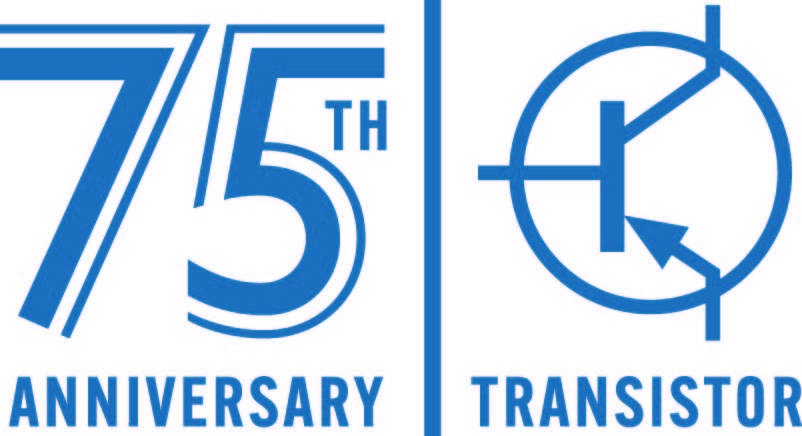Fabrication of Q-carbon by Ultrafast Laser Processing for Electron Field Emission

There will be a short overview for interested parties on activities and plans of the Central Texas Section of the IEEE and the local chapter of the Electron Devices Society. This will be followed by the technical presentation by Professor Haque and questions and answers.
Date and Time
Location
Hosts
Registration
-
 Add Event to Calendar
Add Event to Calendar
Loading virtual attendance info...
- Texas State University
- 310 W. Woods St
- San Marcos, Texas
- United States 78666
- Building: Ingram Engineering Building
- Room Number: 2101
Speakers
 Ariful Haque of Ingram School of Engineering, Texas State University
Ariful Haque of Ingram School of Engineering, Texas State University
Fabrication of Q-carbon by Ultrafast Laser Processing for Electron Field Emission
ABSTRACT: My research interests revolve in the area of the fabrication, characterization, and processing of carbon-based semiconductor thin films and nano-structures. We use fundamentally non-equilibrium pulsed laser deposition and pulsed laser annealing processes for the formation of novel quenched solid phase of carbon (Q-carbon) at room temperature and atmospheric pressure for electron field-emission device applications. The electron field-emission devices that we fabricate by the laser processed carbon structures have shown excellent electric field enhancement, very low turn-on electric fields, and high emission current densities over long periods with tremendous stability even at high temperatures. The turn-on field required to draw an emission current density of 1 μA/cm2 is found to be 2.4 V/μm. The Q-carbon films show good electron emission stability as a function of time. The microstructure and morphology of the field emitting Q-carbon films were analyzed by a variety of techniques, including field emission scanning electron microscope, Raman spectroscopy, and atomic force microscopy. Our results show a very high emission current density value of ~30 μA/cm2 at an applied electric field of 2.65 V/μm, which is hysteresis-free and stable. The generated emission current has been found to have low fluctuations (<4%) and shows no generation of defects during repeated emission measurements on the sample. Along with the excellent emission stability, the Q-carbon composite structure demonstrates outstanding thermal sensitivity during field emission tests, which can open new frontiers for applications in sensor and heat-controlled electron sources.
Biography:
Biography: Dr. Ariful Haque is an Assistant Professor of Electrical Engineering in the Ingram School of Engineering at Texas State University. He also holds an appointment in the Materials Science, Engineering & Commercialization program at Texas State. Prior to joining TXState, he worked as a Technology Development Mod. & Integr. Yield Engineer in the Logic Technology Development (LTD) division at Intel Corporation in the USA, where he aided in developing next-generation semiconductor process technology. He received Ph.D. degrees in two different majors, i.e., Electrical Engineering (EE) and Materials Science & Engineering (MSE), from North Carolina State University (NCSU). He was also a research assistant in the National Science Foundation Center for Advanced Materials and Smart Structures at NCSU. During his Ph.D., he investigated the fabrication, characterization, and optimization of carbon-based and III-nitride-based semiconductor materials and devices. He completed the Master of Nanoengineering degree from NCSU, focusing on nanoelectronics and nanophotonics. He holds another MS degree in Materials Science from Missouri State University (2015). His bachelor’s degree is in Electrical & Electronic Engineering from Bangladesh University of Engineering & Technology in 2012. Dr. Haque has published over 30 articles in journals and IEEE transactions, 6 proceedings papers, and given over a dozen of conference presentations and invited talks at reputed international conferences and universities worldwide.
Email:
Address:Ingram School of Engineering, Texas State University, , San Marcos, Texas, United States, 78666
Agenda
5:00 CTS and EDS Overview
5:15 Technical Presentation by Prof. Haque
6:00 Q&A's, Thank You's

